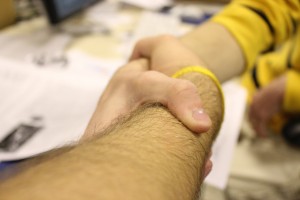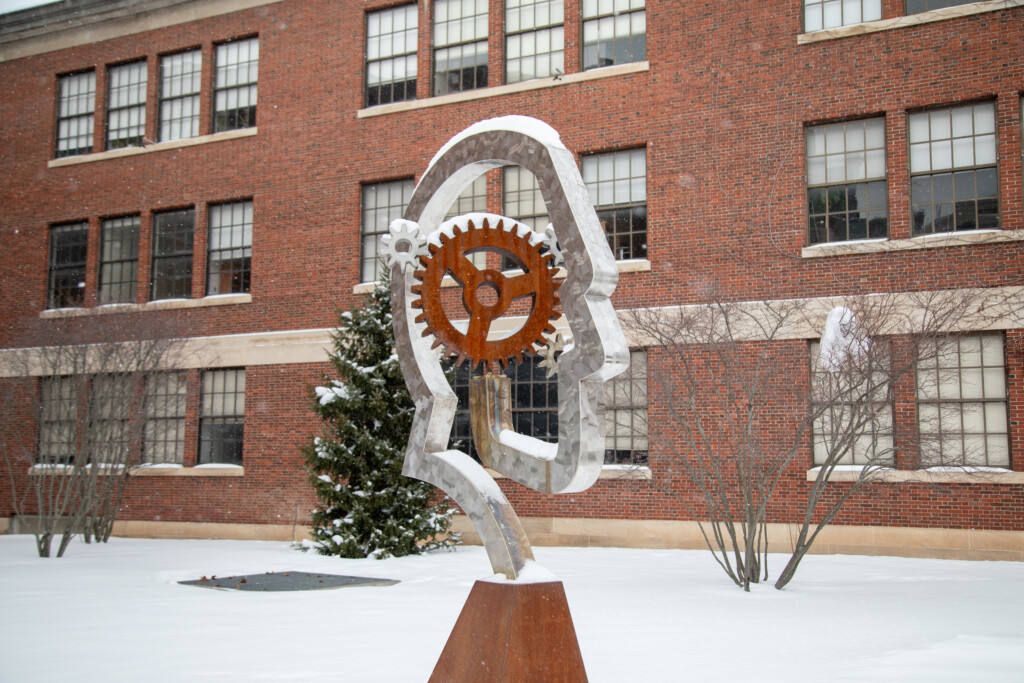
Junne Park, Photo Editor
This campus is filled with communities. There are so many different student groups, clubs and organizations on campus that hold events for their own causes, but how often do these groups support each other?
While one fraternity might support another fraternity’s cause, would a fraternity support a cause fronted by Partners in Reading or Colleges against Cancer? Would a group like Pride Network or College Democrats attend a sorority philanthropy event?
The Greek community stands out to me (probably because I am in a fraternity) as an example of a group of students who often lend a hand to other organizations within their own community.
For example, on Sept. 8, six members of my fraternity, Delta Upsilon (DU) participated in Alpha Phi’s charity event, “Alpha Phifa,” a five-on-five soccer tournament. Any student could register a team for $20. The money collected went towards research on cardiac care and health research. What was interesting to me was that a majority of the teams were Greek organizations; nine of 16 teams consisted of either fraternity or sorority members.
“Phi Sig participated in Alpha Phifa to be Panhellenic. We wanted to support another sorority and their philanthropy in the hopes that other Greek Organizations will do the same for us in the future,” Phi Sigma Sigma fundraising chair and sophomore Sarah Jaffe said.
One week after Alpha Phi’s soccer tournament, Phi Sigma Sigma held an open kickball tournament to raise money for the National Kidney Foundation. Nine Greek organizations participated. While there were other teams, no other club had united to create a team.
These two events alone show how united the Greek community is in supporting each other’s causes, but how often do they unite with other clubs? Delta Upsilon does a lot of work with Habitat for Humanity, and it is more than happy to support other causes on campus. I wonder why service and philanthropy student groups such as Refugee Student Alliance (RSA) and UR Rotaract do not participate in events such as these. Likewise, how often does a fraternity or a sorority support a group like Circle K?
I wonder if, while these groups did not participate in events sponsored by the Greek community, the philanthropy groups support each other in their own events. This is to say that the Greek community supports one another; but does the service community do the same? I believe that if a club like RSA had registered for “Alpha Phifa,” the chances that Alpha Phi registers for an RSA event are higher, and vice versa.
Just by participating in a soccer game or a game of kickball, the Greek community reminds us why it is important for individual communities to stand united. I urge student organizations to also participate in events held by other groups. In doing so, clubs will promote themselves as well as contribute to the success of other campus groups. Creating real change in the world is a big task; the more people that unite to tackle problems, the less daunting change can be.
Weinberg is a member of the class of 2015.

